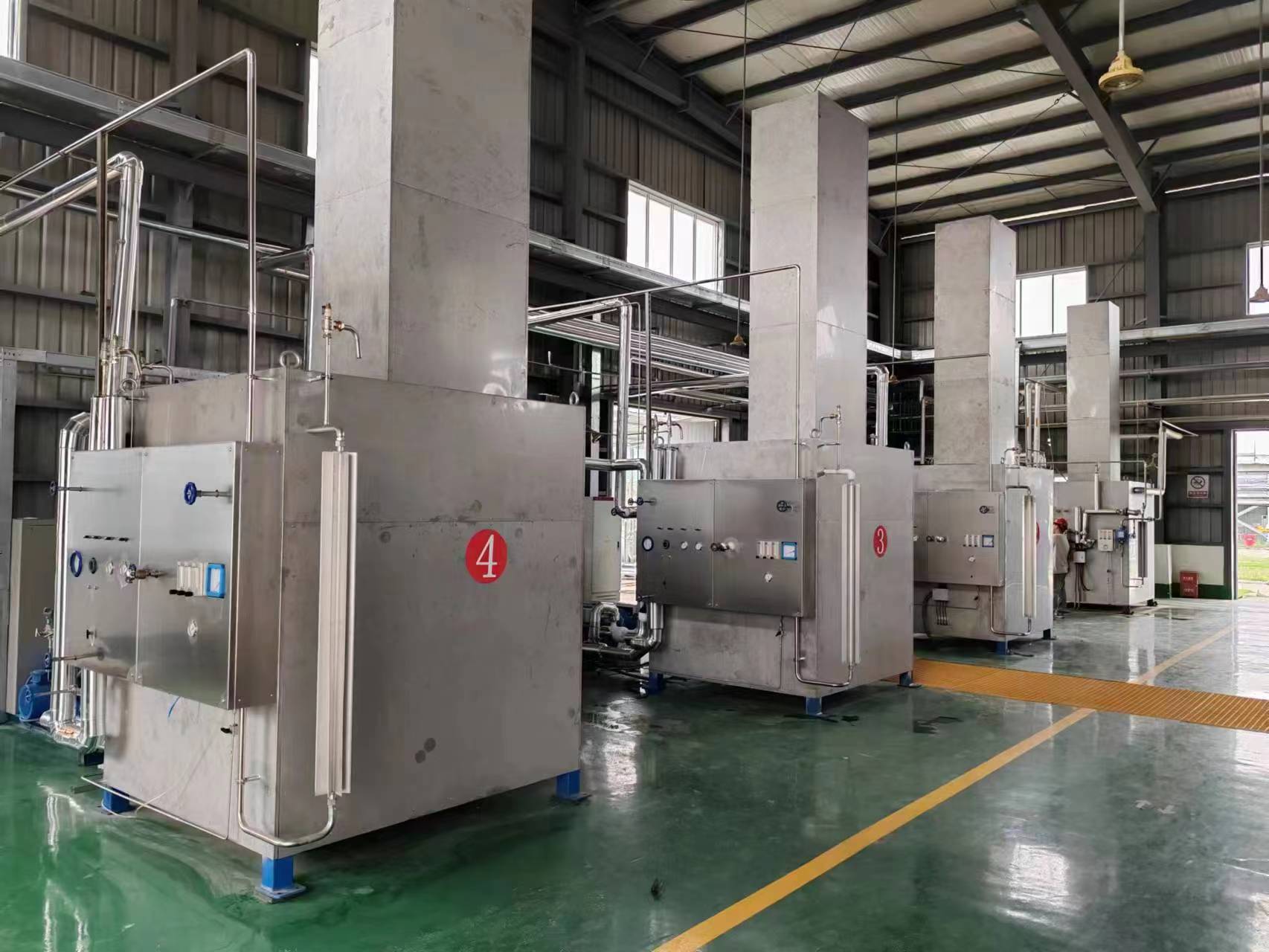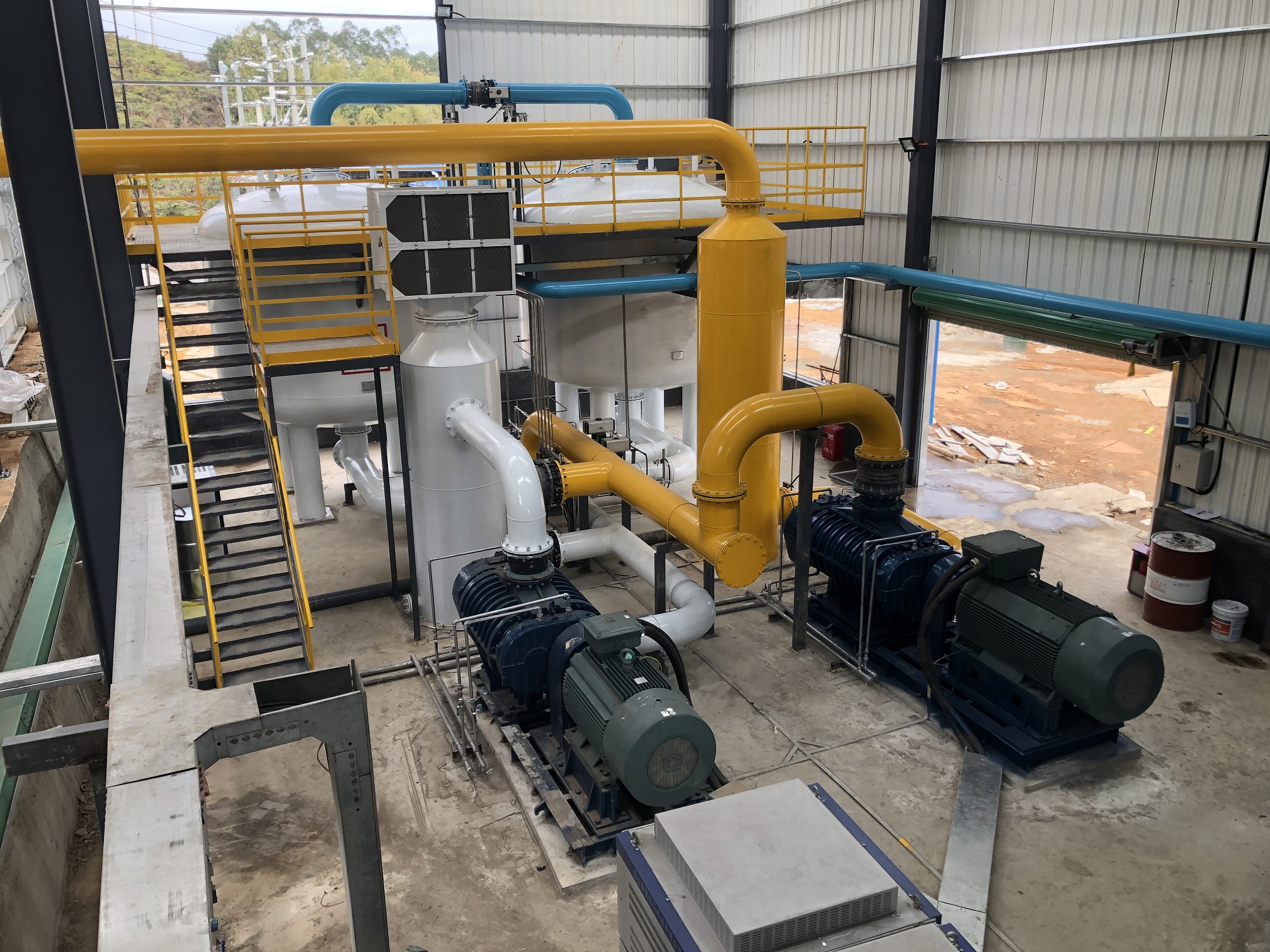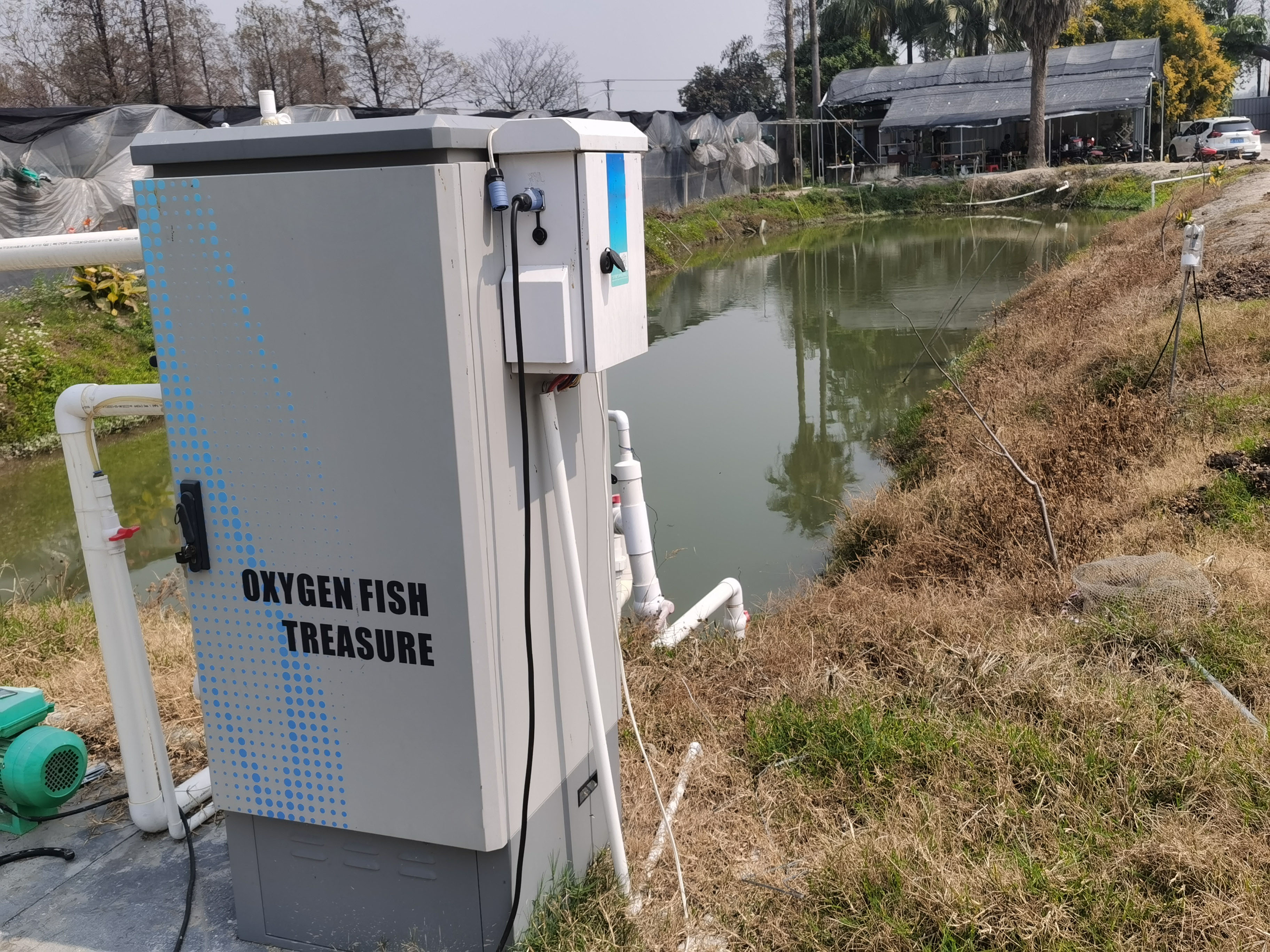Hydrogen energy
There are mainly three ways to produce hydrogen: hydrogen produced from fossil fuels is called "grey hydrogen", hydrogen produced from industrial by-products is called "blue hydrogen", and hydrogen produced by electrolyzing water is called "green hydrogen".
Data of hydrogen power generation
The power generation efficiency of hydrogen can reach over 75%. It is worth noting that for every standard cubic meter of hydrogen produced, 9 to 12 kilowatt-hours of electricity can be generated. Meanwhile, the only by-product generated during hydrogen power generation is pure water, a feature that makes hydrogen power generation both environmentally friendly and highly efficient. The efficiency of hydrogen power generation exceeds 75%. One standard cubic meter of hydrogen can generate 9 to 12 kilowatt-hours of electricity. The by-product is water, which is environmentally friendly and highly efficient. It is expected that the efficiency will continue to increase. The calorific value of 1 kilogram of hydrogen is considerable, approximately equivalent to 33 kilowatt-hours of electricity. In hydrogen fuel cells, the power generation efficiency of the stack is typically within the range of 40% to 60%. If estimated at a 50% efficiency, then approximately 1 kilogram of hydrogen can generate 16 kilowatt-hours of electricity. It is worth noting that this value will be affected by the power output efficiency point of the fuel cell.
Musk said that it takes 55 kilowatt-hours of electricity to produce one kilogram of hydrogen. However, one kilogram of hydrogen can only make a car run 80 kilometers, while an electric vehicle can run 400 kilometers with 55 kilowatt-hours of electricity. The production process of hydrogen usually involves electrolyzing water or extracting hydrogen from natural gas, and these processes require a large amount of energy. Electric vehicles directly use the electrical energy stored in batteries, so it seems that electric vehicles are more efficient. The development of hydrogen energy technology is still in its early stages, while electric vehicle technology has become relatively mature. Therefore, electric vehicles may have an advantage in energy utilization efficiency. The advantages of hydrogen fuel cell vehicles lie in their rapid refueling and longer driving range, which makes them more suitable for long-distance travel or scenarios that require frequent charging in some cases. In addition, the storage method of hydrogen also helps to solve the problems of the weight of electric vehicle batteries and charging time. Therefore, the choice between hydrogen energy and electricity depends on specific uses and demands. In different circumstances, both technologies have their unique advantages and applicability.





 H2 plant Hypower Project wind power to H2 2000NM3 per hour (1).jpg)
.jpg)




